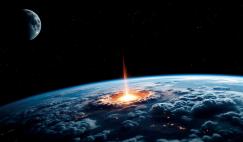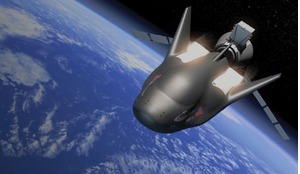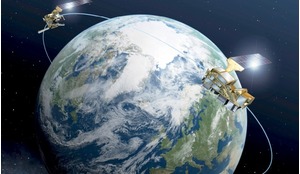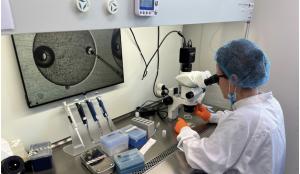A year ago, I was struck by a sentence in an editorial in The Guardian newspaper on space exploration. Speaking of the Apollo missions, the author wrote: “If the Moon has been largely abandoned, this is because it has no economic or military use, although the romantic allure that pulled the first astronauts there has not diminished, and may in fact be strengthened by the magnificent uselessness of standing on the Moon.” This single sentence is an elegant and poetic summary of all of mankind’s activities just 100 km above Earth’s surface and sets the scene for my encounter with Paul Van Hoeydonck.
Resources are limited and their allocation to specific projects is therefore dictated by the usefulness of a given project. As such, space exploration has for many years been driven by a military rationale: rockets are derived from missiles and remote sensing satellites can spy on almost anyone. Today, being ITAR (International Traffic in Arms Regulations) -free is actually a selling point for commercial space systems, which illustrates how strong the bond between the aerospace and defence sectors still is.
Over the years, however, the development of space systems has allowed the gradual emergence of an economic rationale. Satellites first found their relevance in telecommunications, followed by weather monitoring and Earth observation. In recent years the latter has taken a whole new dimension thanks to miniaturisation and satellites now appear to have limitless applications.














